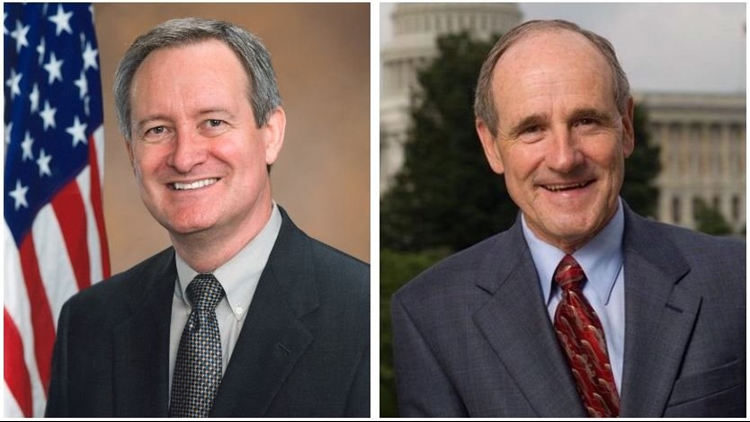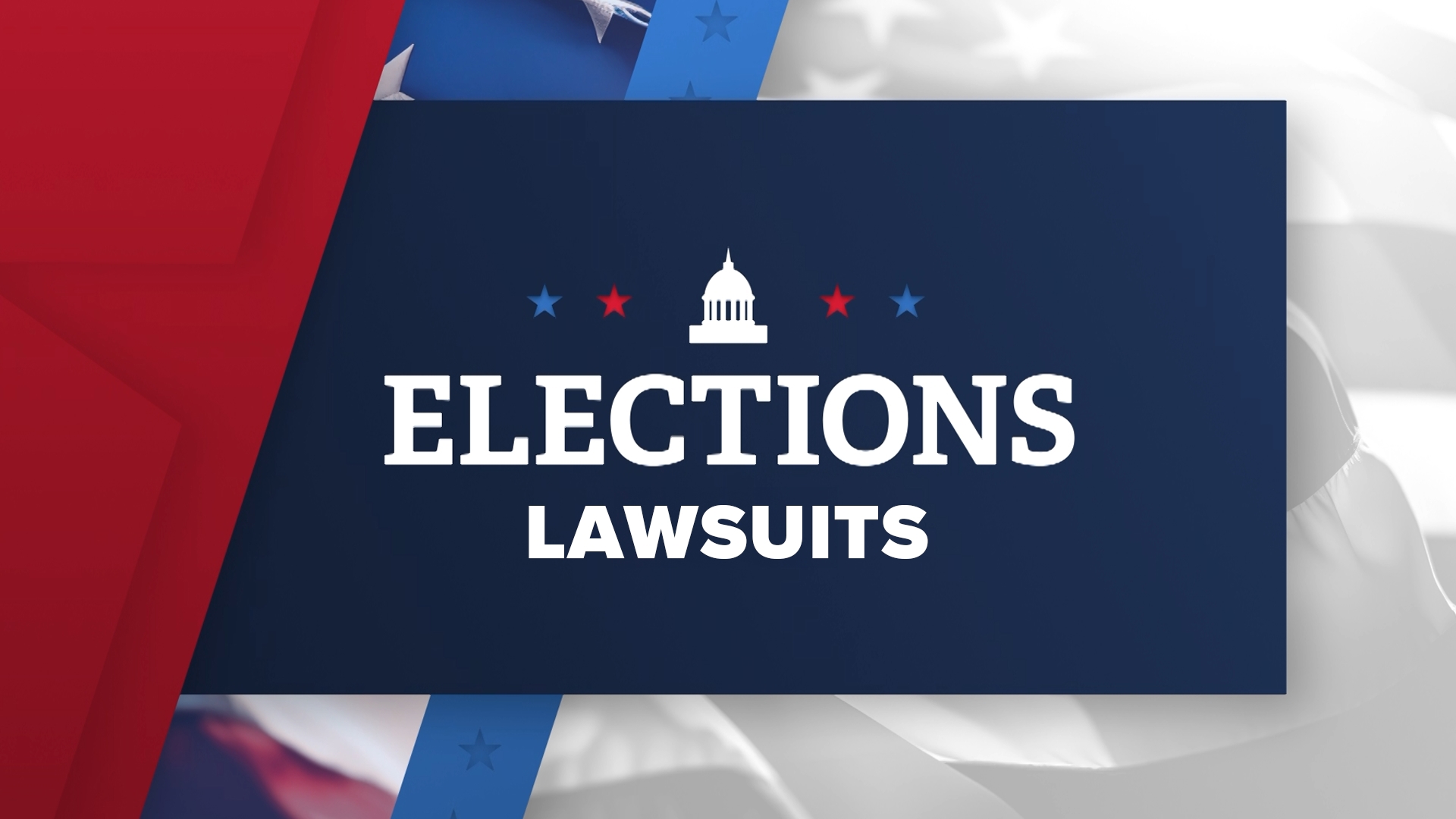WASHINGTON — The US Senate on Wednesday voted to acquit President Donald Trump on impeachment charges of abuse of power and obstruction of Congress.
The votes came almost exclusively along party lines, with just one Republican - Mitt Romney of Utah - voting to convict the president on the abuse of power charge.
Idaho senators Jim Risch and Mike Crapo each voted to acquit on both charges.
Earlier on Wednesday, Risch spoke on the floor of the Senate about why he planned to vote for acquittal.
"This movement has been entirely partisan. No Republican voted to impeach in the House of Representatives," Risch said. "At the end of the day, this is a political exercise, and that political exercise is going to fail. And once again, God has blessed America, and the Republic that Benjamin Franklin said we have — if we can keep it — is going to be sustained."
You can watch Risch's full comments in the Twitter post below:
After the vote, Crapo released the following statement:
"The highly partisan impeachment in the House of Representatives seeks to remove President Trump from office for 1) improper motives in conducting an otherwise legal act in furtherance of legitimate national foreign policy interests, 2) holding a meeting at the United Nations in New York rather than at the White House in Washington, D.C., and 3) for asserting Executive Privilege against the House of Representatives. The U.S. Senate has conducted a full trial over 12 days. In this trial, the Senate reviewed testimony from 13 witnesses sworn under oath in the House, over 28,000 pages of documentary evidence, numerous additional presentations of additional unsworn witnesses, documents and reports contained in over 192 video presentations and other oral assertions. This included, but was not limited to, presentations of John Bolton's manuscript statements. Clearly, contrary to many reports, the Senate held a full trial, including numerous witnesses.
"The Founders of our nation were clear that impeachment and removal of the President of the United States both from office and from the ballot in future elections must face very high hurdles. They specifically wanted to protect impeachment from being used as a partisan tool. It is clear from the Constitution, and Supreme Court's interpretation of the separation of powers provisions contained in it, that elections were to be the major protection assuring oversight of presidential conduct. That is why they chose 4-year terms rather than life tenure or another longer term of office. They also provided that conviction of impeachment must not occur because of partisan dissatisfaction with the outcome of an election by requiring a 2/3 vote in the Senate. Finally, they imposed a high bar of 'Treason, Bribery or other high Crimes and Misdemeanors.' The Founders' inclusion of the qualifying word 'other' was deliberate, as it demonstrates offenses that justify removal from office must be akin to treason and bribery. The case of the House managers does not even purport to allege a crime in either Count I or Count II. Moreover, the allegations fall far short of the high threshold for removal of a U.S. President from office, and undermine Americans' constitutional right to elect their president at the ballot box."



